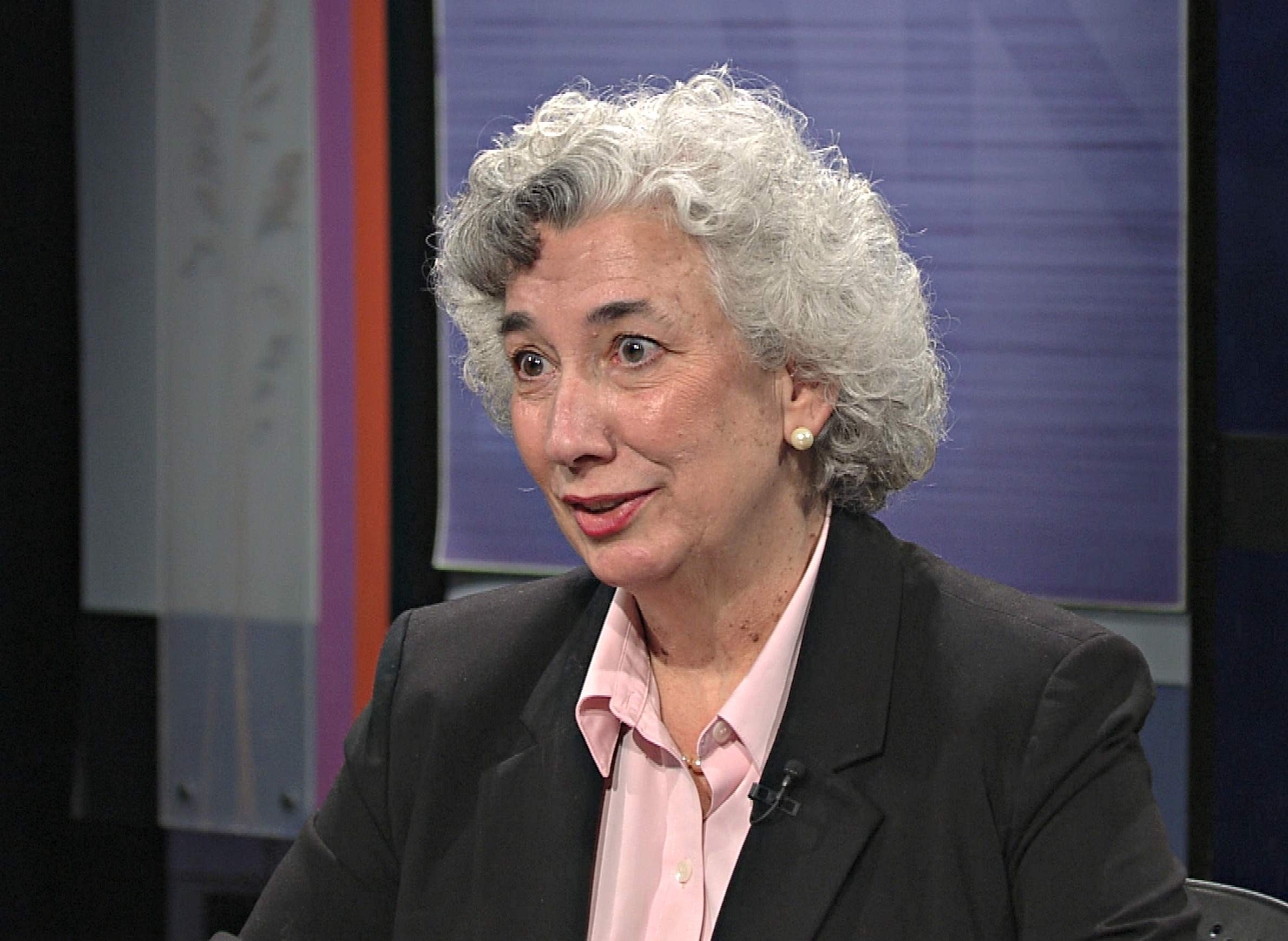
Madison College vice president for equity, inclusion and community engagement Lucia Nuñez: "For my generation and some younger, our lives are here."

Madison College vice president for equity, inclusion and community engagement Lucia Nuñez: "For my generation and some younger, our lives are here."
Wisconsin has about 3,564 residents of Cuban descent, about 0.1 percent of the state's population, according to a 2014 estimate from the U.S. Census Bureau.
However, thousands more than that passed through the state and stayed at Fort McCoy via the 1980 Mariel boatlift that commenced after Fidel Castro announced that people who wanted to leave Cuba were free to do so. The U.S. Army base near Tomah served as one of the primary resettlement centers for "Marielitos," as the approximately 125,000 refugees who left Cuba at that time were called.
Just like other Cuban-Americans around the country, those who live in Wisconsin may find themselves involved in a complex discussion as the U.S. normalizes relations with Cuba. President Barack Obama began lifting travel restrictions to Cuba for U.S. citizens in 2009, announced a restoration of full diplomatic ties between the two nations in December 2014, and this month, became the first president in 88 years to visit the Caribbean island. (The Council on Foreign Relations has a helpful timeline of U.S.-Cuba relations since Fidel Castro first assumed power.)
In a March 25, 2016 interview on Wisconsin Public Television's Here And Now, Madison resident and Cuba native Lucia Nuñez discussed the political, economic and emotional implications of the change.
She is the vice president for equity, inclusion and community engagement at Madison College, and previously served as director of the city of Madison's Department of Civil Rights. Her career as in the civil-rights field has included work with the state of Wisconsin, Centro Hispano of Dane County and service in Honduras with the U.S. Peace Corps.
As Nuñez told host Zac Schultz, Centro Hispano was founded to help Marielitos settling in the Madison area.
Nuñez, who spent her early childhood in the small town of Caimenera (adjacent to the Guantanamo Bay Naval Base) and has family in Cuba and the United States, sees the changing relationship at once stirring up hope and opening old wounds. She said the reaction has mostly split along generational lines.
"For many, take my father who left Cuba for instance, the family split, brother and brother didn't speak again forever," Nuñez recalled, adding that one of her uncles supported and fought for the Castro regime.
But some Cuban-Americans who were born in the U.S. or immigrated at a very young age don't always approach the history and relationship between the two nations with the same political and cultural baggage.
"For my generation and some younger, our lives are here," Nuñez said. "We have a fascination with Cuba, but I have no intention of returning and reclaiming my family home."
Still, when Nuñez spent a month in Cuba last summer visiting extended family, her conversations were less politically contentious than she expected. Instead, she reconnected with long-missed cousins and aunts, and even found childhood memories of Cuba coming back to her.
Another Cuban-American living in Wisconsin, former Madison alder and current music venue owner Ricardo Gonzalez, offered his perspective on WPR's Central Time in July 2015.
"I think all of that will be taken in stride," said Gonzalez. "Things are not gonna change that fast."
Even beyond the Cuban-American community, reaction to the Obama administration's Cuba policy has been nuanced, not always breaking down along predictable lines. U.S. Rep. Reid Ribble, R-Appleton, joined Obama on the official visit to Cuba. Ribble said after the visit that lifting the embargo with Cuba could open up new markets for Wisconsin's farmers, though he did say the embargo should be lifted "incrementally."
A recent New York Times/CBS News poll has found that most Americans support ending the embargo.
Nuñez also pointed to the economic possibilities of normalizing relations.
"Cuba has more arable land than any of those other [Caribbean] islands," she said. "There's also an incredible biodiversity in Cuba … the possibilities for medical research and scientific collaboration I think are incredible."